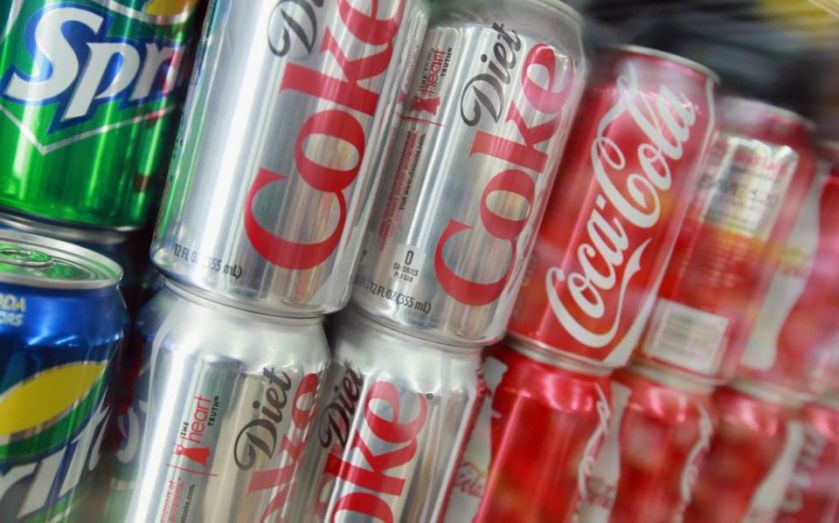Why a sugar tax is not the solution to the UK’s obesity epidemic

Doctors in Britain calling for a tax on sugar-sweetened drinks in order to combat obesity have come up against opposition who say the tax would be both regressive and ineffective.
Under recommendations by the British Medical Association (BMA), a tax of 20 per cent would be applied to sugary drinks to dissuade consumers and push them towards healthier lifestyles.
A report by the BMA called the tax a “useful first step”, and demanded regulatory action on a range of issues, including a clampdown on the marketing of unhealthy foods and drinks to children. It said taxation will pay for subsidies on fruit and vegetables.
BMA board of science chair Professor Sheila Hollins said:
Doctors are increasingly concerned about the impact of poor diet, which is responsible for up to 70,000 deaths a year, and has the greatest impact on the NHS budget, costing £6bn annually.
However, while other organisations share the wish to reduce obesity, there are claims that the tax will not work and hits the poorest hardest. Richard Tiffin, director of the Centre for Food Security at the University of Reading, said:
I'm not a fan of these taxes at all really and the reason that I'm not a fan is that I don’t think it will achieve what the UK population will achieve, which is to cure obesity.
All that happens when you tax something is you produce a very small change in people’s purchasing behaviour. If you are drinking a lot of sugary drinks, you’ll drink slightly less, but you’re not going to produce the kind of quantum change that is necessary in people’s buying habits to literally cure obesity and remove that problem from society.
Read more: Here's why a sugar tax would be a big fat failure
David Cameron’s spokesperson said in May that a sugar tax was not being considered, and that the government would look at other ways of tackling obesity, such as through education.
Read more: Government minister George Freeman threatens food companies with sugar tax
So far, the government has chosen to address obesity through the voluntary responsibility deal with the food industry, which asks companies to commit to label and cut calories in packaged food. Jonathan Isaby, chief executive of the TaxPayers' Alliance said:
The Government should let the numerous other programmes they have put in place around education and information bed in. Changes to Britain's diets will happen via a long-term cultural shift, not by hiking the cost of living.
Similar taxes have been introduced elsewhere, but “much is still unknown, and we won’t know until we try, which is why Mexico and France are both so important, and why the policy stopping in Denmark can be considered such a shame,” Dr Adam Briggs, Research Fellow at Nuffield Department of Population Health, said.
Yet, given how regressive the tax would be, there is stauch opposition to the proposal, with Chris Snowdon, director of lifestyle economics at the Institute of Economic Affairs, saying:
These kind of taxes are incredibly inefficient and are particularly damaging to people on low incomes. A tax on fizzy drinks won’t make the poor any healthier, but it will certainly help to ensure they stay poor.
Health campaigners should stop targeting one particular ingredient and instead focus their energies on what matters – giving us the best available information about what constitutes a balanced diet and leaving individuals to make their own choice when it comes to what food to eat.